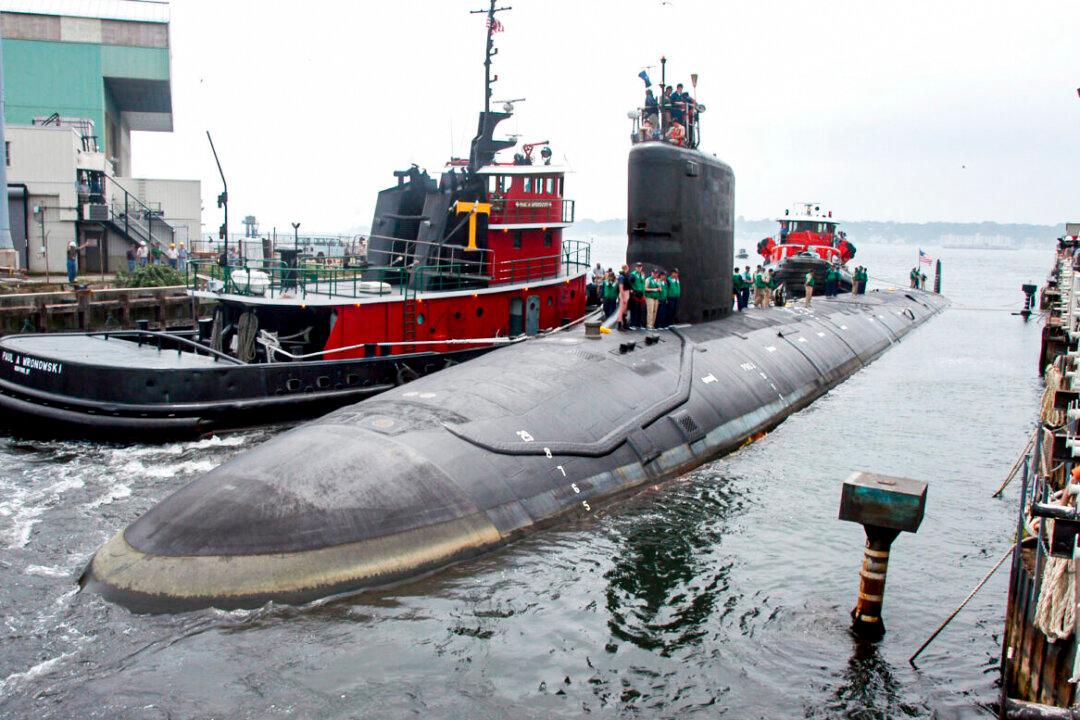A former U.S. Navy engineer pleaded guilty on Monday to attempting to sell secrets about nuclear-powered submarines to a foreign country.
As part of a deal with prosecutors, Jonathan Toebbe, 43, admitted to a federal court in Martinsburg, West Virginia, to conspiring with his wife to pass on restricted data, a violation of the Atomic Energy Act that carries a maximum sentence of life in prison.





